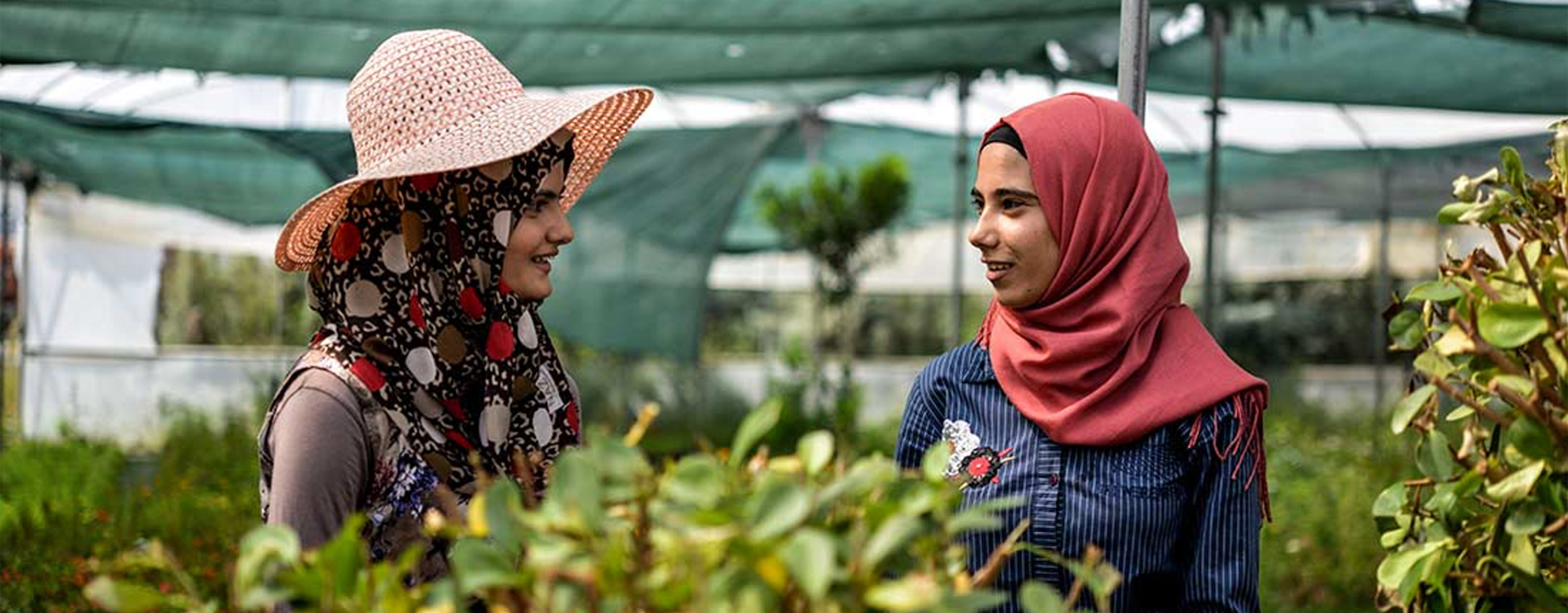
Pandemic readiness enhancement programme for Jordan
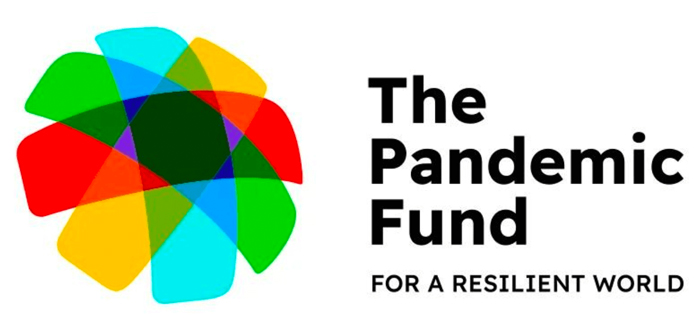
Jordan, at the crossroads of the Middle East, faces compounded risks from its strategic location, socio-political challenges, and environmental vulnerabilities. This project, titled "PREP-JO: Pandemic Readiness Enhancement Program for Jordan," focuses on strengthening the country’s ability to prevent, detect, and respond to pandemics by addressing gaps in surveillance, laboratory systems, and workforce capacity. By adopting a One Health framework, the initiative aims to ensure a coordinated, multi-sectoral response to health emergencies.
Implementation and key components
The project will be implemented under the leadership of Jordan’s Ministry of Health in collaboration with WHO, UNICEF, and FAO, addressing national and sub-national levels with a focus on vulnerable populations, including refugees and marginalized communities.
Strengthening surveillance systems
This initiative will develop and operationalize an integrated disease surveillance system that bridges human, animal, and environmental health data. Key activities include the establishment of an event-based surveillance mechanism, expansion of antimicrobial resistance (AMR) monitoring, and enhanced community-level engagement in data collection and early warning systems. Points of Entry (PoEs) will also be equipped for improved outbreak detection.
Enhancing laboratory networks
The project will modernize Jordan’s laboratory infrastructure by establishing standardized protocols for sample handling, transportation, and testing. Investments will focus on biosafety measures, quality assurance, and accreditation processes to align with international standards. The laboratory network will be expanded to include animal and food safety diagnostics, ensuring a robust cross-sectoral capacity for early detection of health threats.
Building a skilled workforce
A comprehensive training framework will equip health professionals, veterinarians, and community health workers with the tools and knowledge needed to address pandemic risks. Training will focus on field epidemiology, infection prevention and control (IPC), AMR management, and rapid response coordination. These efforts will strengthen Jordan’s Emergency Medical Teams and enhance their international accreditation readiness.
Expected outcomes
The initiative aims to establish an integrated health system capable of responding effectively to public health threats. By improving surveillance, laboratory diagnostics, and workforce preparedness, the project will enhance Jordan’s compliance with International Health Regulations (IHR). Additionally, it seeks to reduce the socio-economic impact of pandemics, fostering resilience and equity in health responses while building trust and engagement within communities.Implementing Entities
FAO, UNICEF, WHO
Priority areas
- Early warning and disease surveillance systems
- Laboratory systems
- Human resources/public health and community workforce capacity
Total budget
USD 4,024,530
Total co-financing
(in kind and cash)
USD 2,330,055
Total co-investment
(in kind and cash)
USD 10,557,630
Find out more
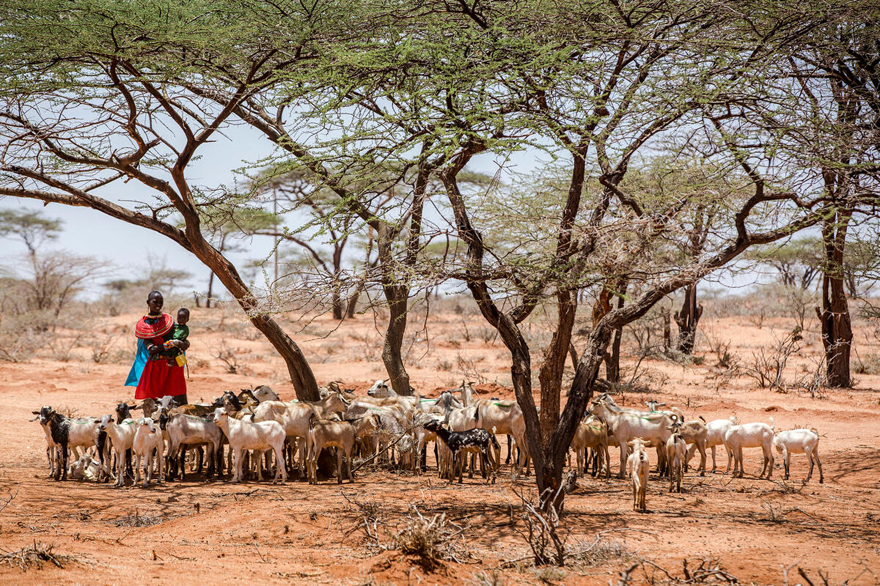
Projects
The Pandemic Fund
FAO is co-leading the implementation of 32 Pandemic Fund projects worth over USD 165 million aimed to boost local and global health security.
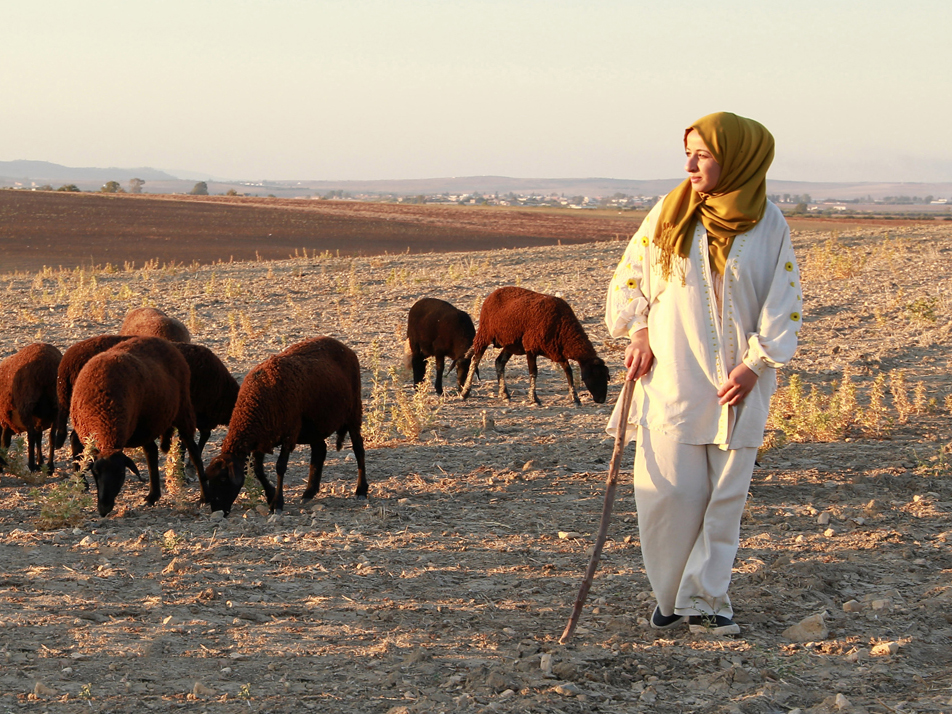
Highlights
Pandemic Fund’s third call for proposals
The Pandemic Fund has announced its third Call for Proposals, with an envelope of USD 500 million to enhance pandemic preparedness and response with a focus in low- and middle-income countries.
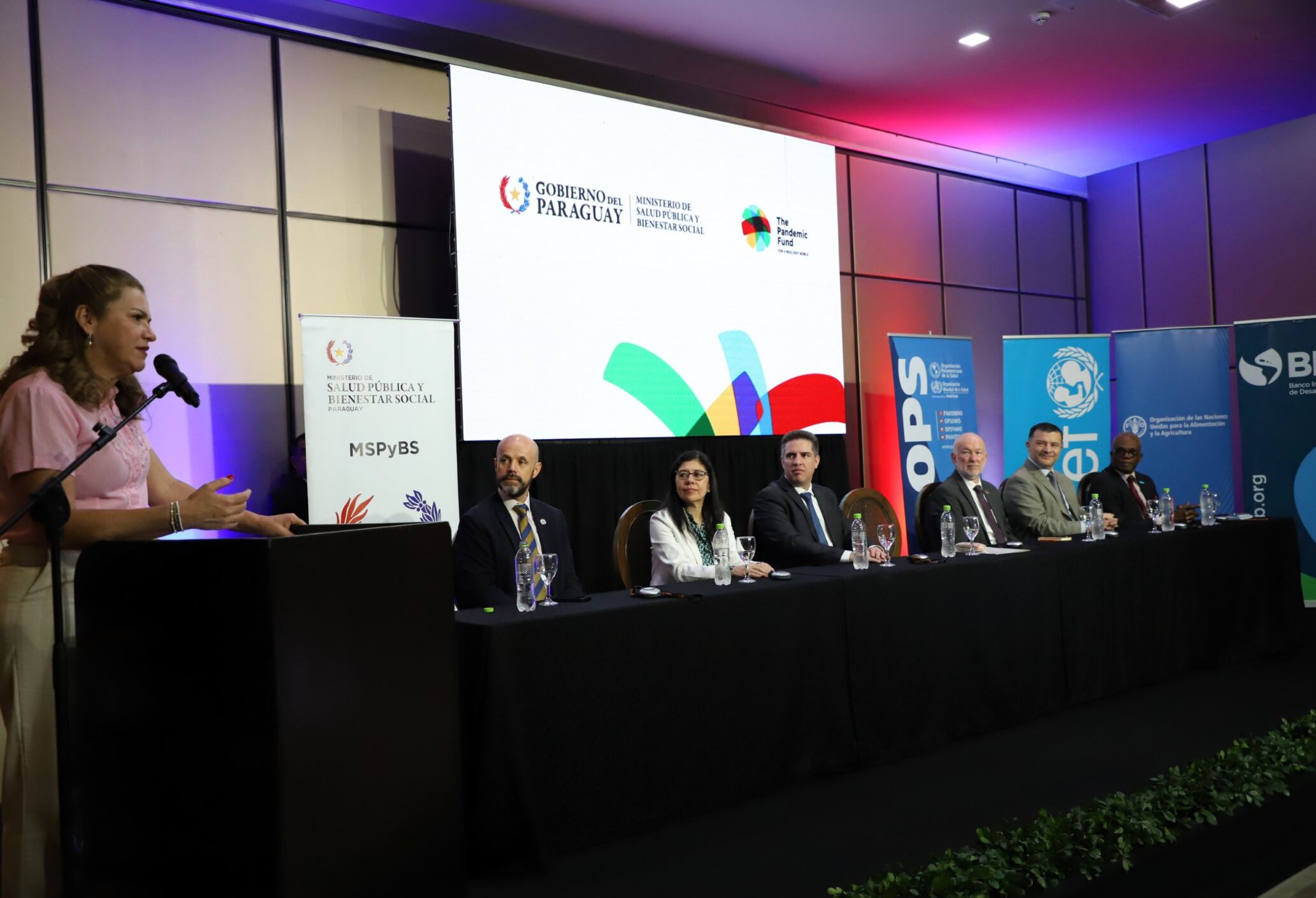
Highlights
Global fight against pandemics gains momentum as projects launch with FAO support
The first of Pandemic Fund projects launched at national level, including Ethiopia, Paraguay, Central Asia countries, and Yemen.
